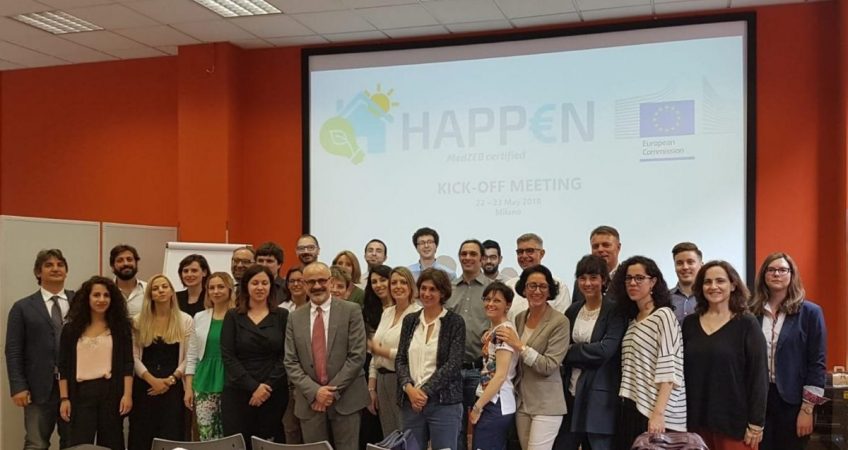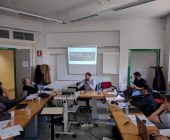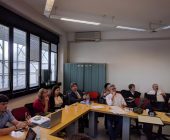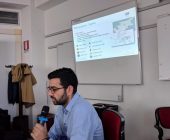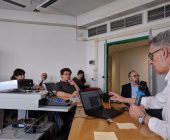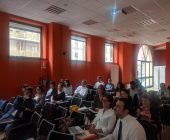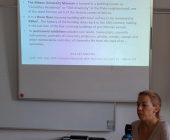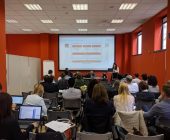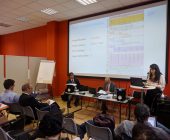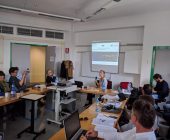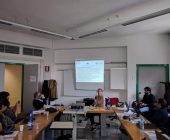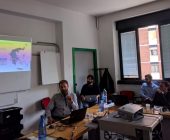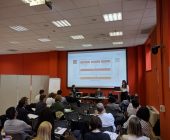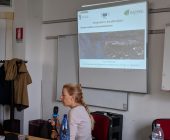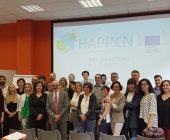The Aegean Energy and Environment Agency (AEGEA) attended HAPPEN kick-off meeting that took place in Milan between 22 & 23 May 2018. DAFNI Network, with which AEGEA collaborates closely, also participates as an associate partner and will make sure to widespread the knowledge produced by HAPPEN to its members. More so, the Building Studies Group of University of Athens (UoA) participates in the project.
HAPPEN will propose innovative technological solutions, financing and investment schemes and the necessary interventions in the countries that will support the radical renovation of the buildings, particularly private but also public. These countries are: Croatia, Cyprus, Greece, Italy, Slovenia and Spain.
The resulting solutions will be tailored to the climatic conditions and the economic environment of the Mediterranean, contributing this way to a better implementation by the participating countries of the revised European Directive on the Energy renovation of buildings. The directive requires all new buildings to be nearly zero-energy by the end of 2020, while all new public buildings must be nearly zero-energy by 1 January 2019.
The results will be implemented in 8 pilots, 3 of which foresee large-scale interventions in and around social housing complexes: Castellon de la Plana (Valencia, Spain), Les Crottes (Marseille, France) and Riqualifichiamo in communes (Milan, Italy). The remaining 5 pilots foresee smaller interventions in private and public buildings, such as: a kindergarten, a residential building, the historical museum of the Athens University, municipal hostels in the islands of Lesbos and Paros, etc.
HAPPEN will seek to bring together key actors involved in the energy upgrading of buildings in each country/ place such as: policy makers, building owners – tenants – building managers, technology service companies, real estate agents, manufacturers, etc.
With a total budget of €2m funded by Horizon 2020, and a duration of over 3 years and HAPPEN aspires to provide answers on how the Mediterranean’s buildings can become radically energy-efficient, with social, economic and environmental benefits.


